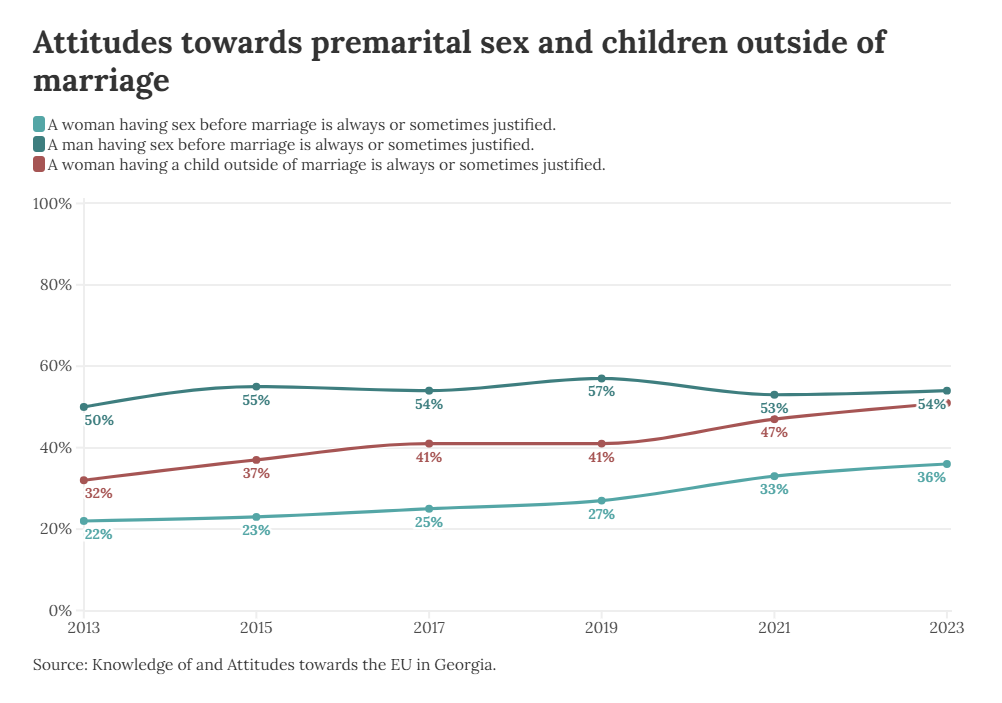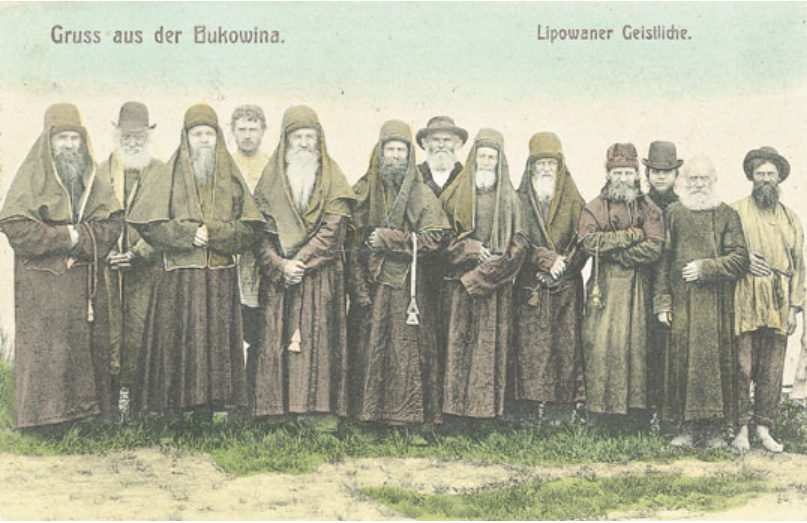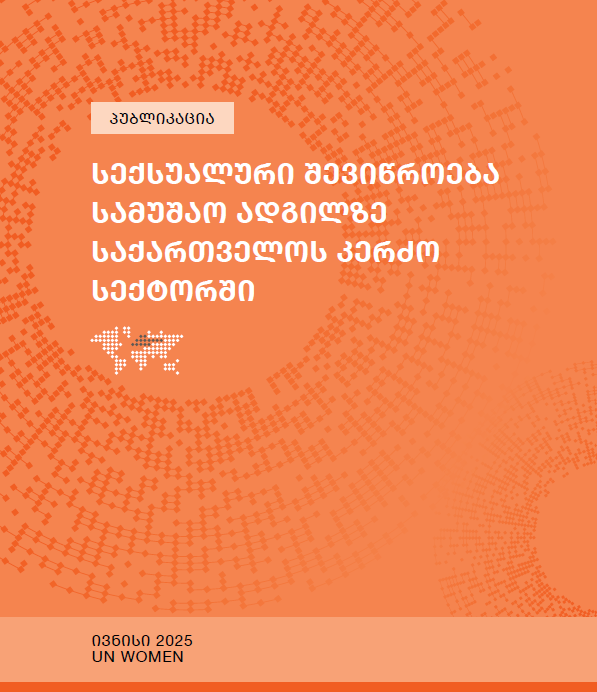Notably, women are slightly more trusting than men in each country. Trust also varies by settlement type and a clear pattern emerges when looking at Armenia and Georgia – trust in institutions is highest in rural settlements followed by urban settlements and the capital. Even in institution distrusting Armenia, the rural population comes in with an almost positive trust score of -0.1. In Azerbaijan, rural settlements still exhibit the highest levels of trust in institutions, but in Baku there is a slightly higher level of trust than in other urban settlements.
No clear cross-country pattern can be observed as regards trust in institutions by age, but each country does have its own distinctive pattern in this respect. In Armenia, the youngest age group is most trusting of institutions – a possible sign of optimism among the youth. Trust decreases with age in Armenia. In Azerbaijan, trust in institutions is slightly lower in the younger age groups and highest in the oldest one. In Georgia, the youngest and oldest age groups report more or less similar levels of trust (3.2 and 3.0 average scores respectively), with the middle age group (36-55 year olds) reporting trusting institutions most.
In the three South Caucasus countries, the overall trust in social and political institutions is lowest in Armenia. In each country, women express slightly more trust than men, and rural residents report the highest trust. In Azerbaijan, the elderly have the most trust in institutions and in Armenia the least.












